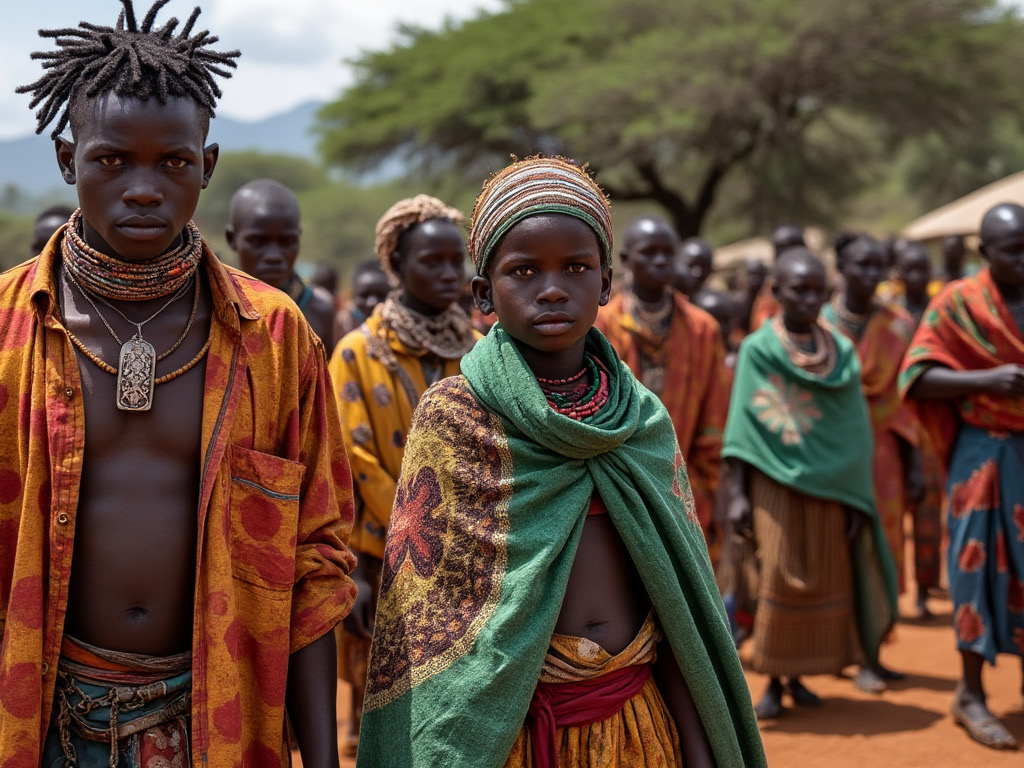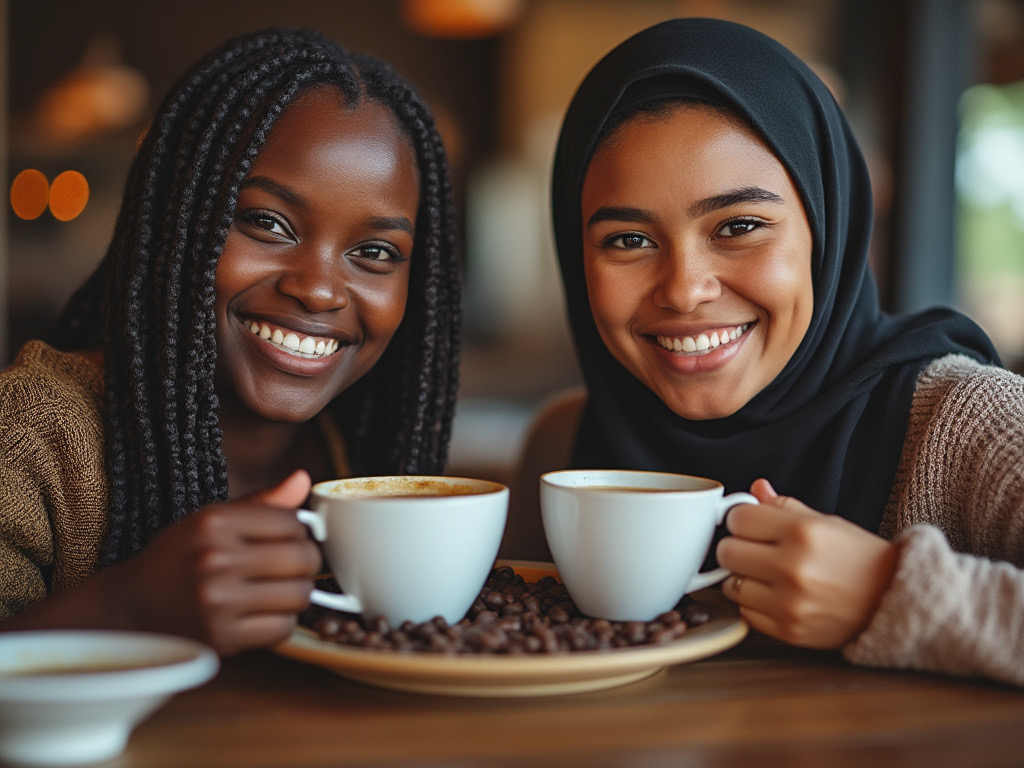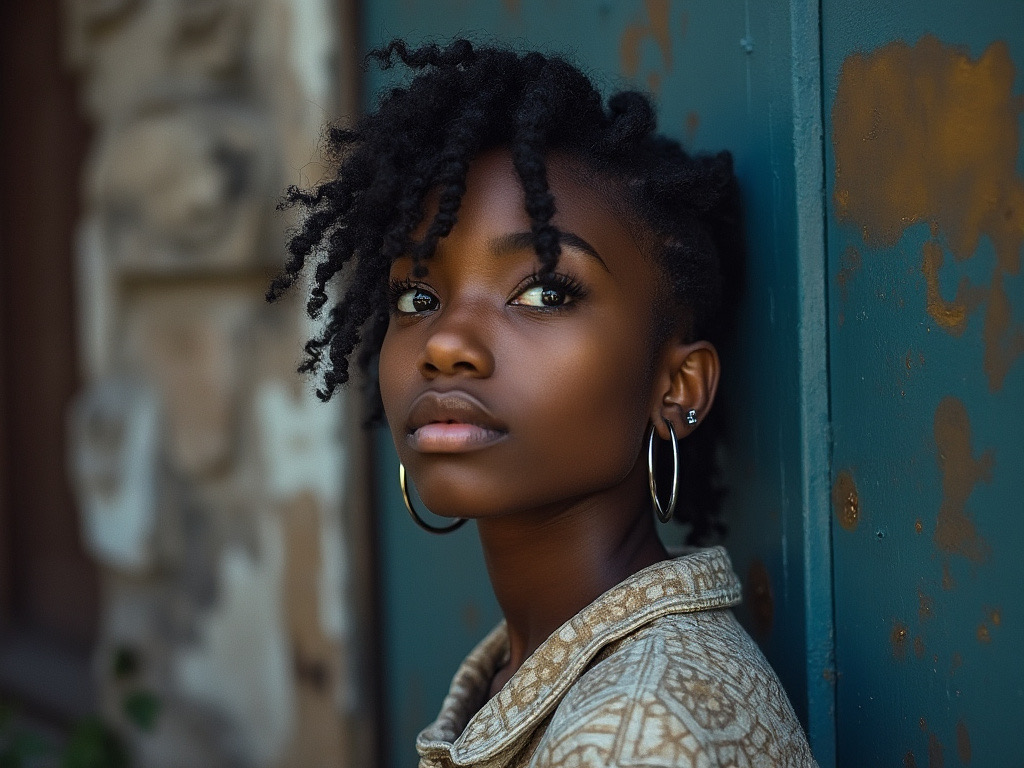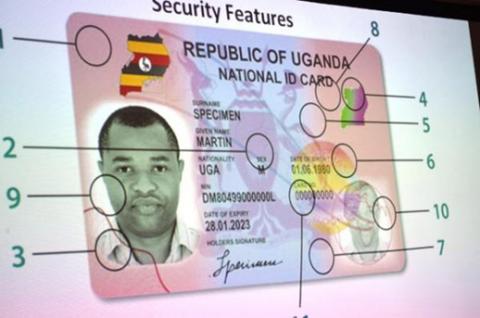When my friend left Uganda for Rwanda, he was full of hope. His grandparents had fled Rwanda decades ago, seeking refuge in Uganda, but he had always felt an undeniable pull to the land of his ancestry. For years, he told everyone that he was Rwandan at heart. Convinced that his true identity lay beyond Uganda’s borders, he packed his bags and set off for Rwanda, eager to reconnect with his roots and find a place where he truly belonged.
But when he arrived in Rwanda, the reality was not what he had imagined. Instead of being welcomed as one of their own, he was treated as a foreigner. To the Rwandans, he was Ugandan—his accent, his mannerisms, even his worldview had been shaped by the country he had grown up from. Despite his deep desire to belong to Rwanda, it became painfully clear that he did not fit. In the eyes of the people he thought were his kin, he was just another outsider.
After months of struggling to adapt, my friend returned to Uganda, disillusioned. It was not the warm homecoming he had envisioned. In fact, his experience in Rwanda had made him realize something he had been avoiding his whole life—he was Ugandan, through and through. His family may have come from Rwanda, but his heart, his identity, and his future were rooted in Uganda. It was a difficult, but ultimately freeing realization that sometimes, the home you are searching for is the one you have always had.
This story is not unique to my friend. It is a reflection of a much larger conversation that we need to have as a country: Who is a Ugandan? Why is it that so many Ugandans, born and raised in this country, still find themselves questioning their own identity or being labeled as “foreigners” because of their heritage? Why do we cling to the idea that one must belong to a specific tribe, have a certain skin color, or speak a certain language to be truly Ugandan?

The Migrations That Shaped Uganda
Uganda’s history is built on waves of migration. Every tribe, every group we consider “native” to Uganda today, is the product of historical migrations. The Bantu migration, for example, is one of the most significant movements in Africa’s history. Starting from West Africa over 2,000 years ago, Bantu-speaking people spread across central and southern Africa, eventually settling in Uganda. The Baganda, Banyankole, and Basoga are all descendants of these early Bantu settlers. They did not always live in what is now Uganda—they came here in search of better opportunities, just like many others.
Similarly, the Nilotic peoples, who now populate much of northern Uganda, migrated from the Nile Valley, bringing with them cattle herding and other cultural practices. Groups like the Acholi and Langi are direct descendants of these Nilotic migrants. The Nilo-Hamitic peoples, who also migrated from the Nile region and the Horn of Africa, would eventually settle in Uganda’s eastern highlands, forming communities like the Karamojong.
And in more recent history, we have examples such as the Indian community in Uganda which traces its roots to migrations during the British colonial period, when thousands of Indians were brought in to work on the Uganda Railway.
These are just a few examples of the migrations into the nation from various backgrounds. These did not just shape Uganda’s cultural and ethnic makeup; they laid the foundation for our national identity.
We are a country of immigrants—our ancestors came from far and wide, seeking a better life in this land. So, why do we draw such rigid lines about who gets to be considered “Ugandan”? Why do we view those of Indian, Somali, or European descent with suspicion, labeling them as foreigners, even when their families have lived in Uganda for generations?

The Irony of Identity and the Changing Narrative
Take the case of the Rwandan community in Uganda. When Rwandans first arrived here as refugees, they were met with suspicion and resentment. Many had to change their names, adopt local customs, and even marry into local tribes just to survive. For years, being Rwandan in Uganda was seen as something undesirable—refugees were stigmatized, and people wanted nothing to do with them. Yet today, we see a curious reversal. It is not uncommon to hear young Ugandans, particularly women, claiming Rwandan descent even when they have no genetic ancestry there at all, praising them for their looks, language and culture and wanting to be considered one.
It is ironic, isn’t it? A group that was once marginalized is now considered desirable, and people who have no Rwandan ancestry proudly claim it. This shift reveals how fluid identity can be—what once made someone an outsider can, in time, become something to aspire to. But it also highlights the contradictions in our attitudes toward identity. Why should we pick and choose which groups are “worthy” of being considered Ugandan?
We should also look at the contributions of Ugandans of Indian descent. Despite their long-standing presence and critical role in Uganda’s economy, Indian-Ugandans have often been viewed as outsiders. And yet, they have done more to build this country than most of us realize. Companies like Mehta and Madhvani not only provide thousands of jobs but also contribute significantly to Uganda’s GDP. Indian-Ugandans have played a key role in industries ranging from agriculture to manufacturing to trade. They are, without a doubt, Ugandan in every sense of the word.
The Somali community in Uganda faces similar challenges. Although Somalis have been in Uganda for decades, and many Somali-Ugandans were born and raised here, they are still often seen as outsiders. Yet, they are an integral part of Uganda’s economy, especially in trade and commerce. Kansanga, a bustling part of Kampala, is home to a vibrant Somali community that has contributed significantly to the growth of the local economy.
Similarly, Ugandans of European descent-particularly those whose families have lived here for generations-are often seen as foreigners. They too, however, have contributed to the development of various sectors in the country, from education to agriculture. Their investment in Uganda should warrant full acceptance, yet many still regard them with suspicion, unwilling to extend the same inclusivity that they demand for themselves.
Who Are We Really Excluding?
As we question who gets to call themselves Ugandan, we need to ask ourselves whether we are limiting Uganda’s potential by excluding people based on their ancestry. Why should someone who was born in Uganda, raised in Uganda, and contributes to Uganda’s society be denied the right to fully claim Ugandan identity? These “foreigners” are doing amazing things for this country. They deserve better representation in our politics and governance, just like anyone else.
Moreover, those who choose to identify as Ugandans should do so wholeheartedly. Many individuals of foreign descent cling to the idea of their ancestral lands, sometimes to their own detriment. Like my friend who tried to reconnect with Rwanda, only to realize that his true home was Uganda, those who consider themselves Ugandan need to embrace their Ugandan identity fully. After all, the countries of their ancestors are not likely to welcome them back with open arms—they are Ugandans in every sense of the word, and it is here that they belong.
A Lesson from the United States
Uganda could borrow a leaf from the United States of America, a country built on the contributions of immigrants. Americans of African, Asian, and European descent proudly call themselves Americans, despite their diverse ancestries. In fact, you rarely see an African-American claiming to be “African” in their day-to-day life, or an American of Chinese descent referring to themselves as “Chinese” when discussing their identity. They acknowledge their heritage but ultimately embrace their American identity. Uganda could benefit from a similar approach—celebrating the diversity of its people while fostering a strong sense of national unity.

A Call for Inclusivity and National Pride
It is time for us to rethink what it means to be Ugandan. Our nation is a mosaic of cultures, tribes, and backgrounds, but at the end of the day, we are united by more than just where our ancestors came from. We share a common destiny, a common future, and a shared responsibility to make Uganda better for all who live here. Excluding people because of their ancestry not only weakens our society but also deprives us of the valuable contributions that these communities make.
So, who gets to call themselves a Ugandan? The answer is simple: Anyone who is committed to this country, anyone who was born here, raised here, and contributes to the progress of this nation. We are all Ugandans, regardless of the languages we speak or the color of our skin. Let’s embrace that diversity, for it is one of our greatest strengths.




